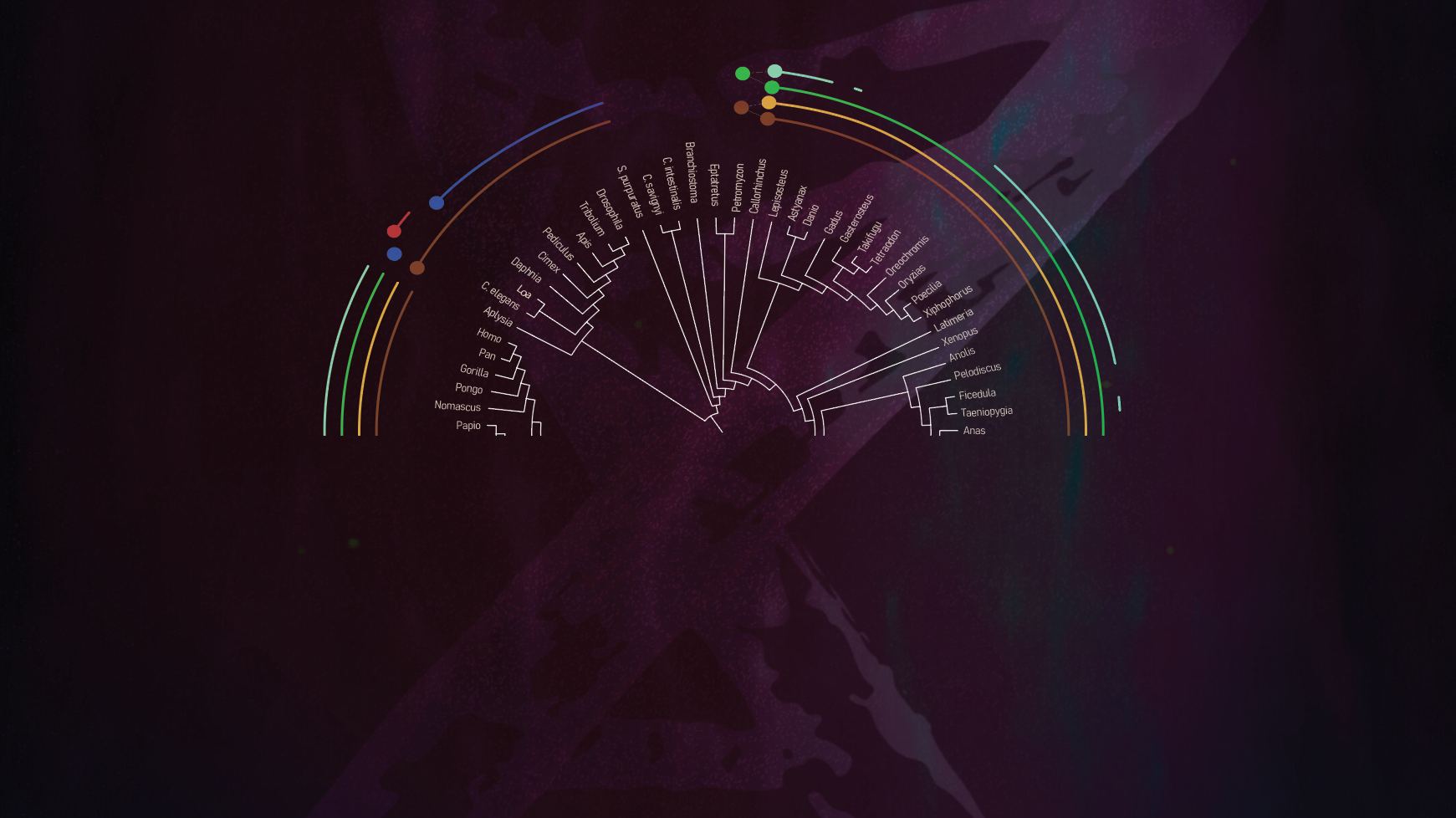Welcome to the Evolutionary Informatics Lab
PI Alex Dornburg
PLEASE NOTE: We are upgrading this site in stages, so some content may be missing
Our lab integrates tools from genomics, bioinformatics, immunogenetics, and evolutionary biology to provide the basis for forecasting changes in biodiversity as well as unknown aspects of emergent diseases. This work empowers us to effectively respond to global threats to human health and be better stewards of our planet




